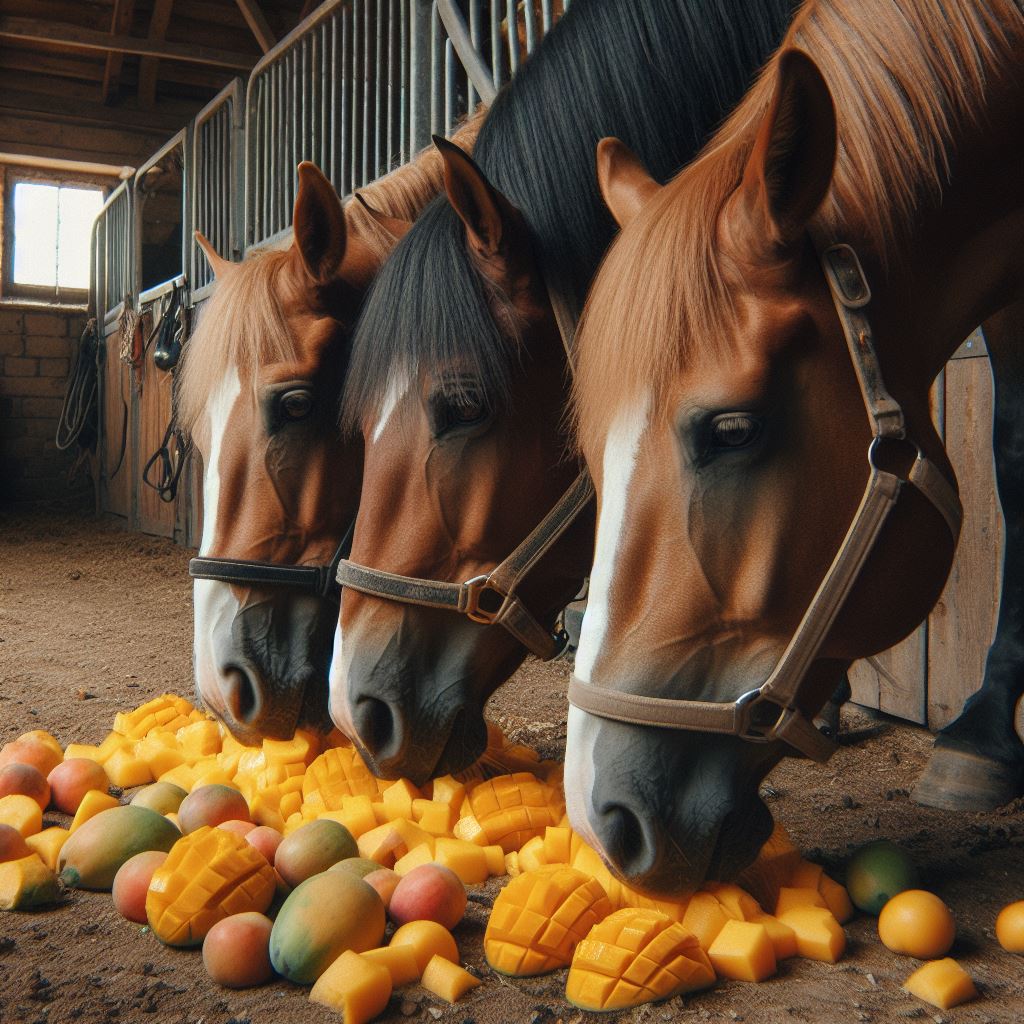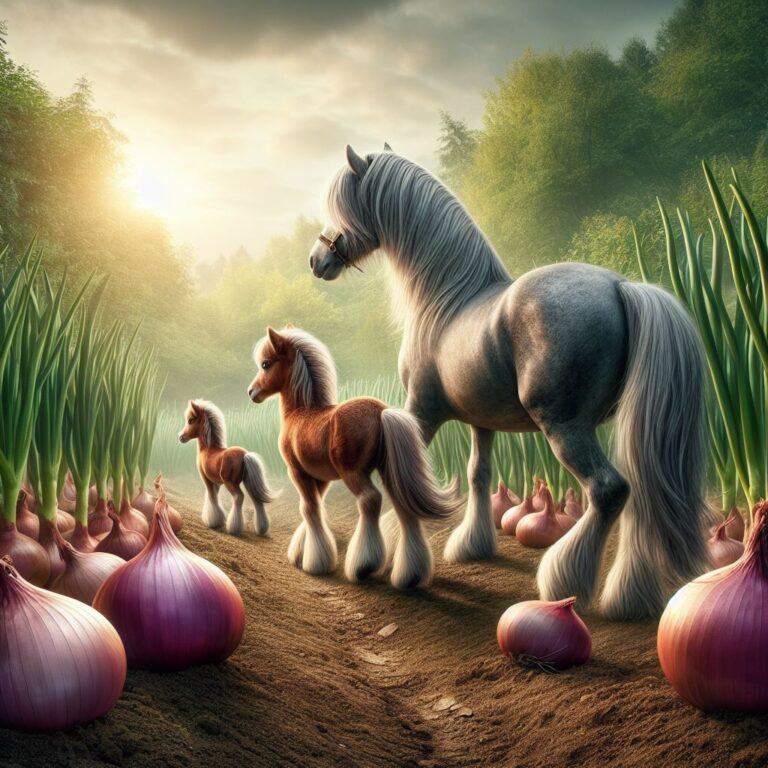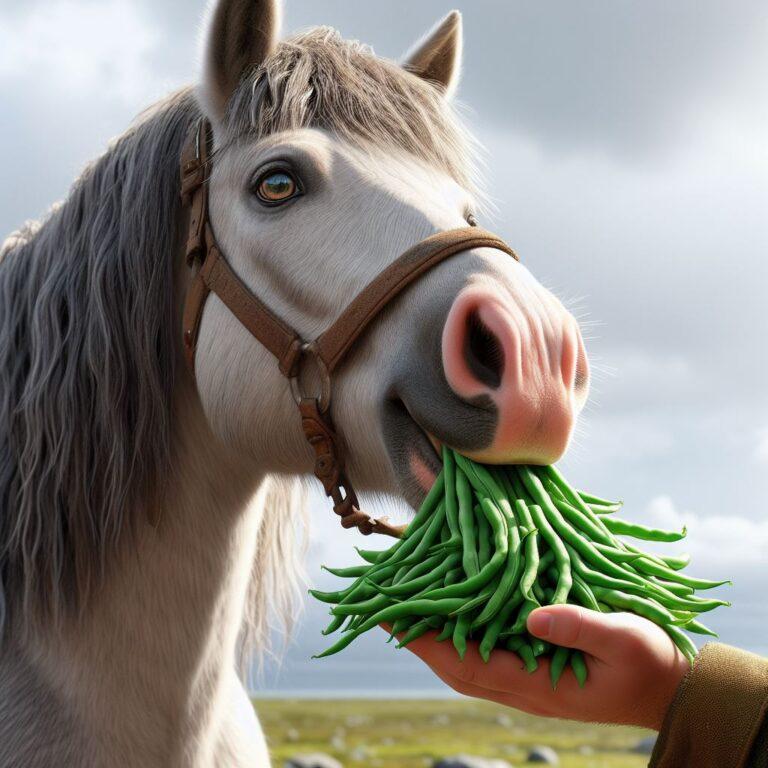Can Horses Safely Eat Mango
Yes, horses can safely eat mangoes in moderation. These tropical fruits are high in beneficial vitamins such as A, C, and E, which contribute to a horse’s immune support, vision health, and skin maintenance. However, like any treat, mangoes must be offered responsibly to prevent digestive upset and ensure a balanced diet.
It’s crucial to remove the mango’s pit and peel before feeding it to your horse. The pit poses a choking hazard and contains small amounts of cyanide, while the peel can be tough for horses to digest.
When introducing mango or any new food, start with a small piece and observe your horse closely for any signs of digestive distress or allergic reactions.
While the flesh of the mango is safe for horses to enjoy, moderation is key. Due to the high sugar content, it is essential to use mango as an occasional treat rather than a staple of their diet.
I always recommend consulting with a vet if you plan to make any significant changes to your horse’s diet.
Understanding the Nutritional Profile of Mango for Horse Health
Horses, like humans, benefit from a varied diet that includes essential vitamins and minerals. Mango, known for its rich nutritional content, is an excellent source of vitamins A, C, and E, which are crucial for maintaining a horse’s immune system, vision, and skin health.
However, it’s important to understand how mangoes compare with the traditional foods in a horse’s diet, such as hay, fresh grass, grains, and other fruits and vegetables such as apples, bell peppers or green beans.
Mangoes are packed with vitamin A, contributing to eye health and possibly offering protection against vision disorders.
Vitamin C, not normally required in a horse’s diet due to their ability to synthesize it, can be a helpful boost during times of stress or illness.
Vitamin E, an antioxidant, supports muscle and nervous system function and can be beneficial particularly for active or older horses.
It is essential to consider the sugar content in mangoes, which can be high. Horses that are insulin-resistant or prone to laminitis require careful monitoring of their sugar intake.
So, offering mangoes as an occasional treat is best, ensuring we monitor how much is eaten to prevent any negative impact on their metabolism.
Mango should not replace the core components of a horse’s diet but can be used as an additional treat or supplement.
It’s also key to introduce mango, like any new food, gradually into their diet and watch for any signs of digestive discomfort or changes in health.
Incorporating Mango into Your Horse’s Diet
Introducing mango to your horse’s diet can be a refreshing change that adds a bit of variety. Like any new treat, it’s critical to start SLOWLY.
Offer a small piece of mango to your horse and observe. Pay attention to how they react, and look for any signs of discomfort or digestive upset over the next few days. If all seems normal, you can offer mango periodically as a treat.
Moderation is key when feeding your horse mangoes. Due to their sugar content, keep mango treats infrequent and portion sizes small, especially for horses with metabolic issues.
Think of mango as a special treat, not a staple in their diet.
Keep an eye out for any unusual symptoms after your horse eats mango. Signs of intolerance or an allergic reaction could include hives, itchiness, or gastrointestinal distress.
If you notice these or any other concerns, discontinue feeding mango and consult your veterinarian.
Always chat with your vet before making any substantial changes to your horse’s diet. Your vet understands your horse’s specific health needs and can provide personalized advice on how to safely incorporate mango and other treats into their diet.







